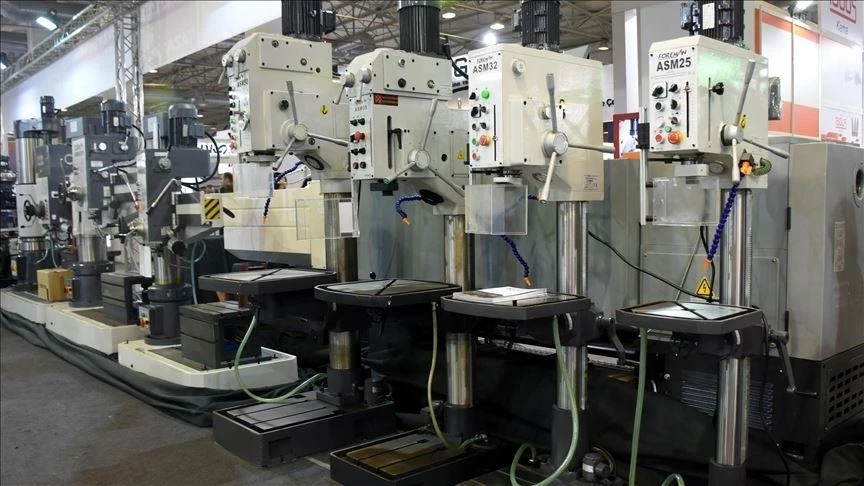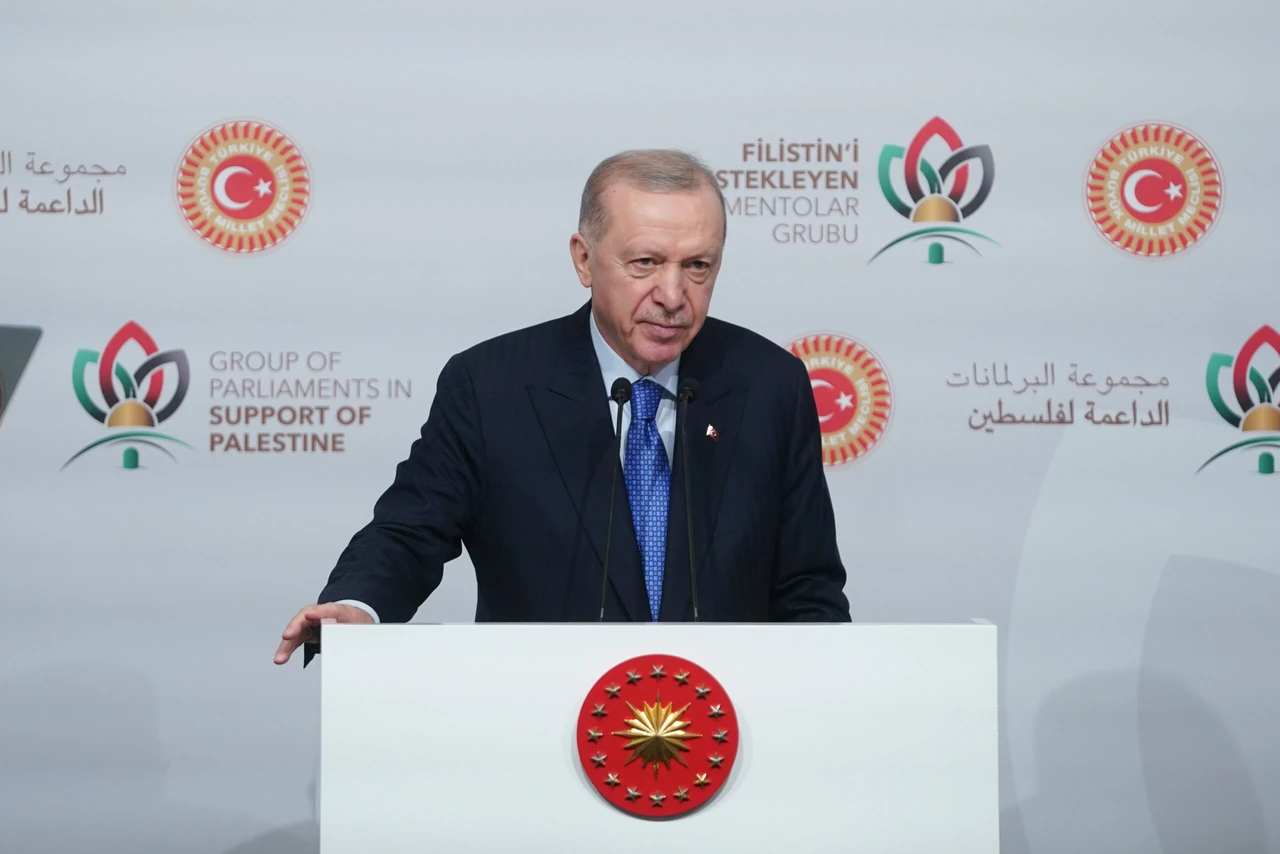Türkiye’s machinery exports reach $15.8 billion in seven months
 Machines in a Turkish factory. (Photo via Anadolu Agency)
Machines in a Turkish factory. (Photo via Anadolu Agency)
Türkiye’s machinery exports totaled $15.8 billion in the January-July period, according to data released by the Machinery Exporters’ Association (MAIB).
Despite a slight 2.2% decrease compared to the same period last year, the industry maintained strong performance with a 0.9% decline over the last 12 months, reaching $27.8 billion in total exports.
In July, the sector saw a significant rebound, with a 10.4% increase compared to the same month in the previous year, offsetting the downturn experienced in June.
Global economic pressures and strategic markets
Machinery exporters have been resilient in the face of ongoing global recession fears, with the average export value per kilogram rising to $7.4 —five times the national average. Key markets such as Germany, Russia, and the United States have shown varied performances, with the U.S. market experiencing an 11.1% increase in exports.
Challenges and the need for trade channels with Russia
Kutlu Karavelioglu, President of MAIB, emphasized challenges posed by political risks and regional conflicts, which have heightened uncertainty and contributed to a slowdown in global industrial activity.
“The postponement of expected interest rate cuts by central banks has deepened recession concerns globally, as reflected in the pressure on industrial Purchasing Managers’ Index (PMI) data and global export figures,” he stated.
Karavelioglu highlighted the impact of sanctions on trade with Russia, noting that without the $240 million shortfall from this market, Türkiye’s machinery exports could have matched the $16.1 billion achieved in the same period last year.
He advocated for the establishment of a payment corridor to sustain civil trade with Russia, which could help mitigate the current decline in total exports.
European market conditions
Karavelioglu also pointed to persistently low levels of machinery and equipment investment in Europe, coupled with rising unemployment rates, which continue to influence export trends. He reiterated the European Union’s critical role as a global market influencer.
In response to the evolving global economic landscape, Karavelioglu stressed the importance of listening to exporters’ needs, particularly in sectors with significant added value.
He praised the Technology-Oriented Industrial Movement Program, which has successfully reduced external dependency in high-value sectors and enabled companies to focus on future technologies through planned R&D and production capabilities.



